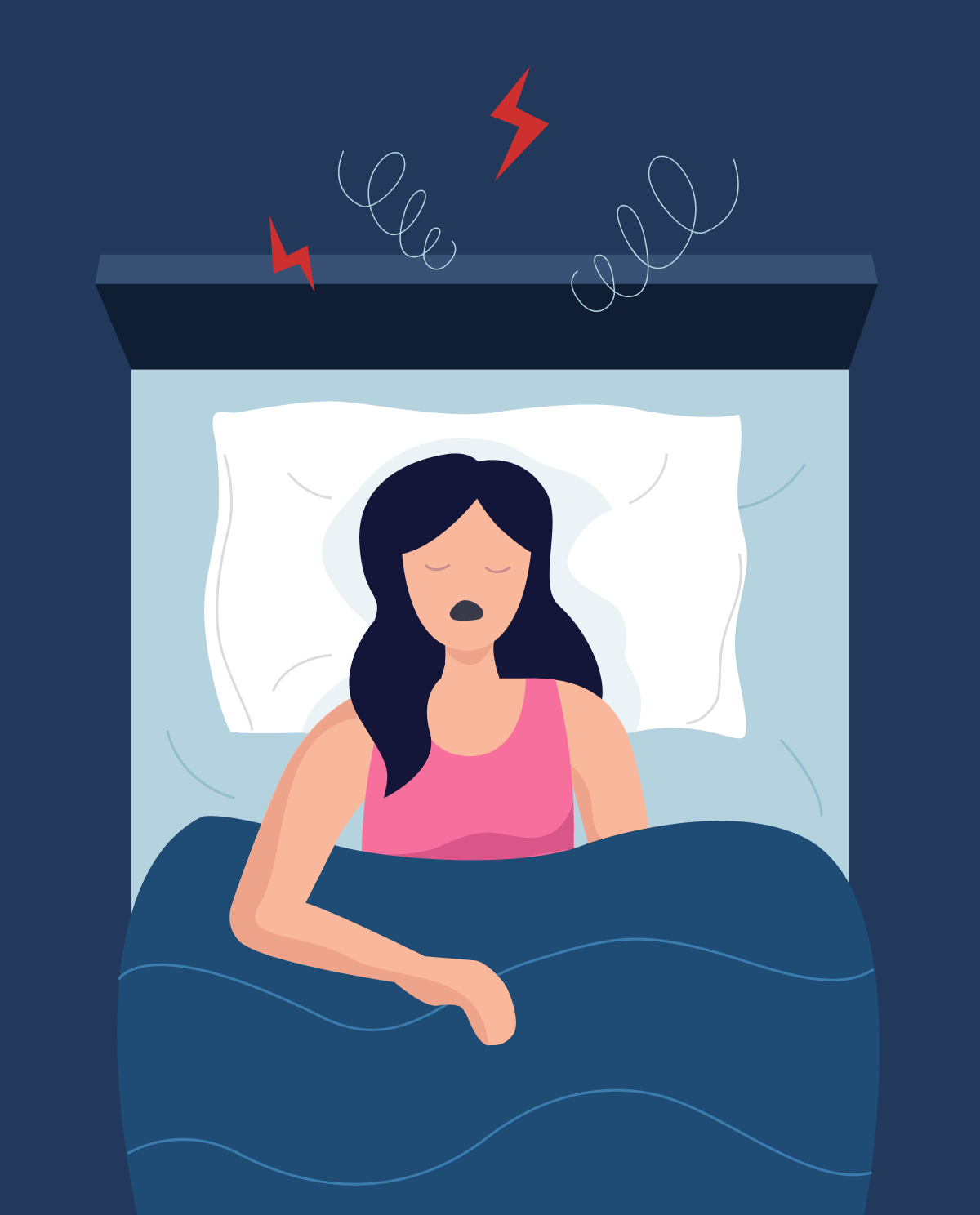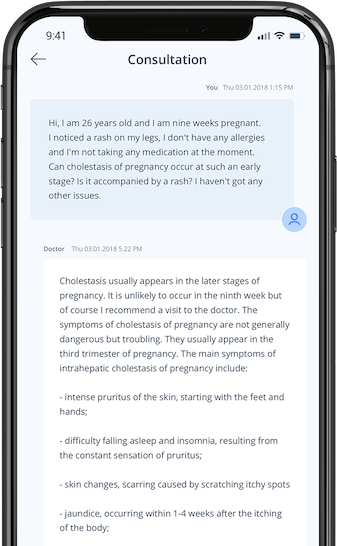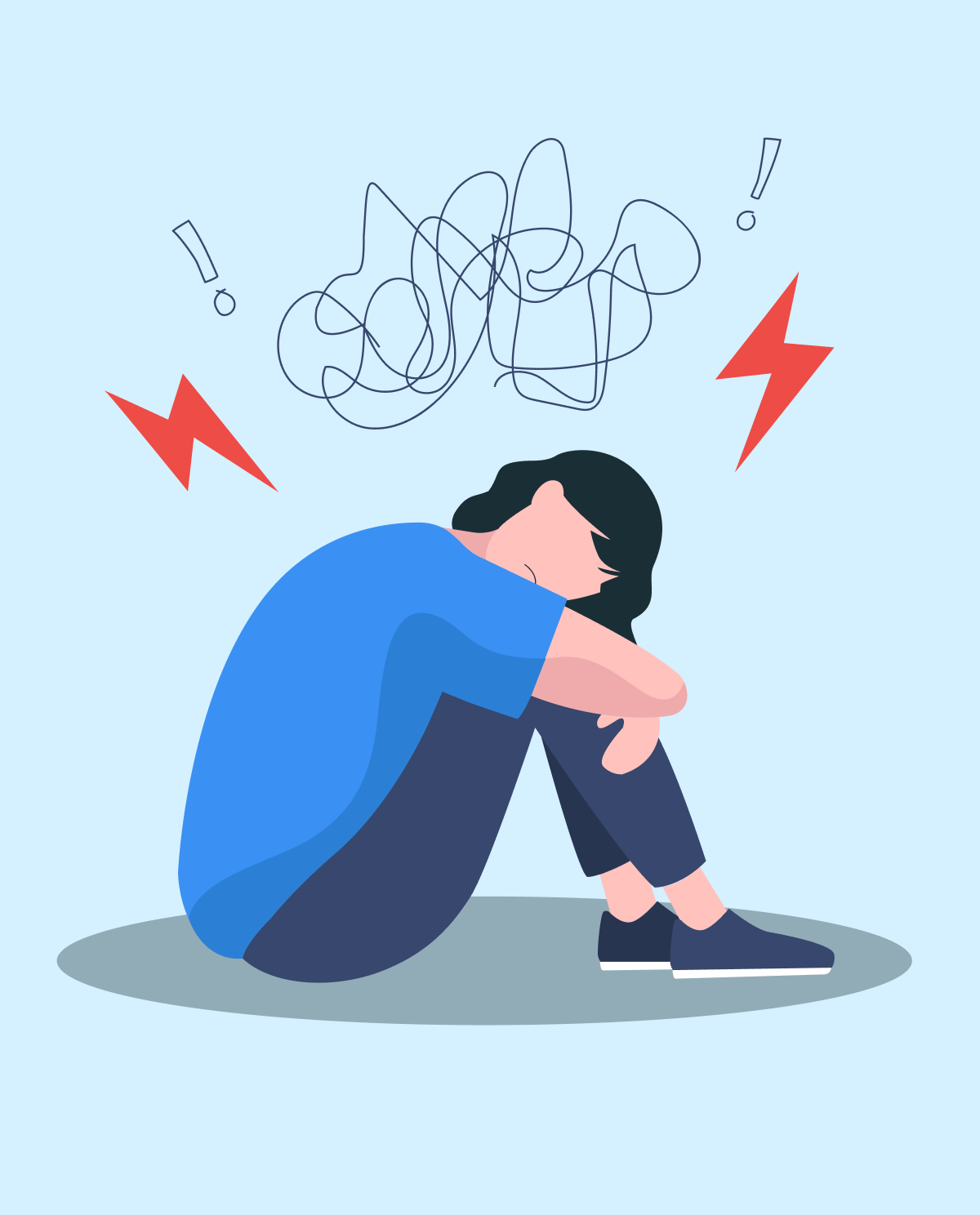Types of sleep apnea
- Obstructive type: the most common, it occurs when the muscles present at the back of the throat fail to keep the airways open.
- Central type: when the brain fails to properly signal the muscles that control breathing.
- Complex type: the combination of both obstructive and central type apneas.
Causes associated with apnea
- Neurological disorders: Certain neurological conditions, such as stroke, multiple sclerosis, and Parkinson's disease, can affect the muscles that control breathing and lead to apnea.
- Medications: Some medications, such as sedatives and opioids, can depress breathing and lead to apnea.
- Obesity: Excess weight can lead to a narrowing of the airway and increase the risk of obstructive sleep apnea.
- Smoking: Smoking can damage the lungs and increase the risk of sleep apnea.
- High altitude: At high altitudes, the air is thinner and contains less oxygen, which can lead to breathing difficulties and apnea.
- Heart failure: In some cases, heart failure can lead to the accumulation of fluid in the lungs, which can interfere with breathing and cause apnea.
- Other factors: Other potential causes of apnea include alcohol consumption, nasal congestion, and anatomical abnormalities in the airway.
Symptoms associated with apnea:
- Loud snoring: This is a common symptom of obstructive sleep apnea and is often accompanied by choking or gasping sounds as the person attempts to breathe.
- Daytime sleepiness: Because apnea disrupts normal sleep patterns, it can lead to excessive daytime sleepiness, fatigue, and difficulty concentrating.
- Morning headaches: Frequent morning headaches are a common symptom of sleep apnea, as the lack of oxygen during the night can cause blood vessels in the brain to dilate.
- Irritability and mood changes: Sleep apnea can lead to irritability, mood swings, and difficulty controlling emotions.
- Restless sleep: People with apnea may experience a restless or fragmented sleep pattern, with frequent awakenings throughout the night.
- Dry mouth or sore throat: Breathing through the mouth during sleep can cause dryness or soreness in the mouth and throat.
- Insomnia: In some cases, people with apnea may have difficulty falling asleep or staying asleep due to breathing difficulties.
Treatment options
The treatment options for apnea depend on the underlying cause and severity of the condition. Some common treatment options include:
- Continuous positive airway pressure (CPAP) therapy: CPAP is a common treatment for obstructive sleep apnea. It involves wearing a mask over the nose and/or mouth during sleep, which delivers a continuous flow of air to keep the airway open.
- Bi-level positive airway pressure (BiPAP) therapy: BiPAP is similar to CPAP, but it delivers different air pressure levels during inhalation and exhalation.
- Oral appliances: Some people with mild to moderate obstructive sleep apnea may benefit from using an oral appliance that repositions the jaw to keep the airway open during sleep.
- Surgery: In some cases, surgery may be necessary to correct anatomical abnormalities in the airway that contribute to sleep apnea.
- Lifestyle changes: Certain lifestyle changes, such as losing weight, avoiding alcohol and sedatives, and sleeping on one's side instead of the back, can help reduce the severity of sleep apnea.
- Positional therapy: In some cases, simply changing one's sleeping position can help reduce the severity of sleep apnea. For example, using a wedge pillow to elevate the upper body or sleeping on one's side can be helpful.
- Medications: Medications are not typically used to treat sleep apnea, but they may be prescribed to help reduce symptoms associated with the condition, such as excessive daytime sleepiness.








